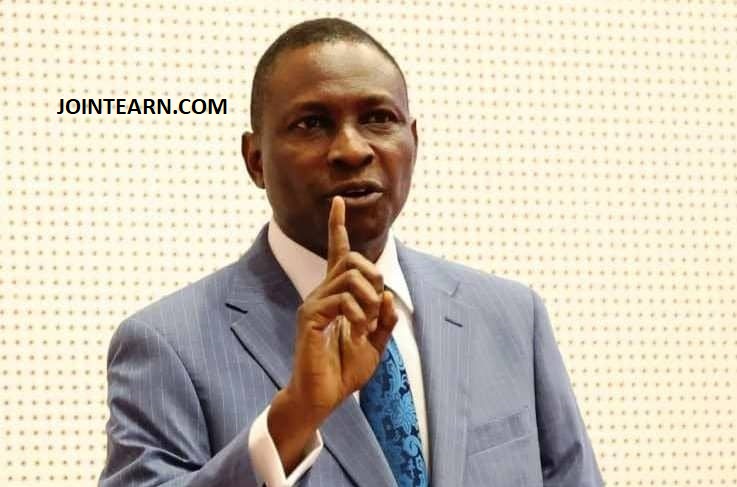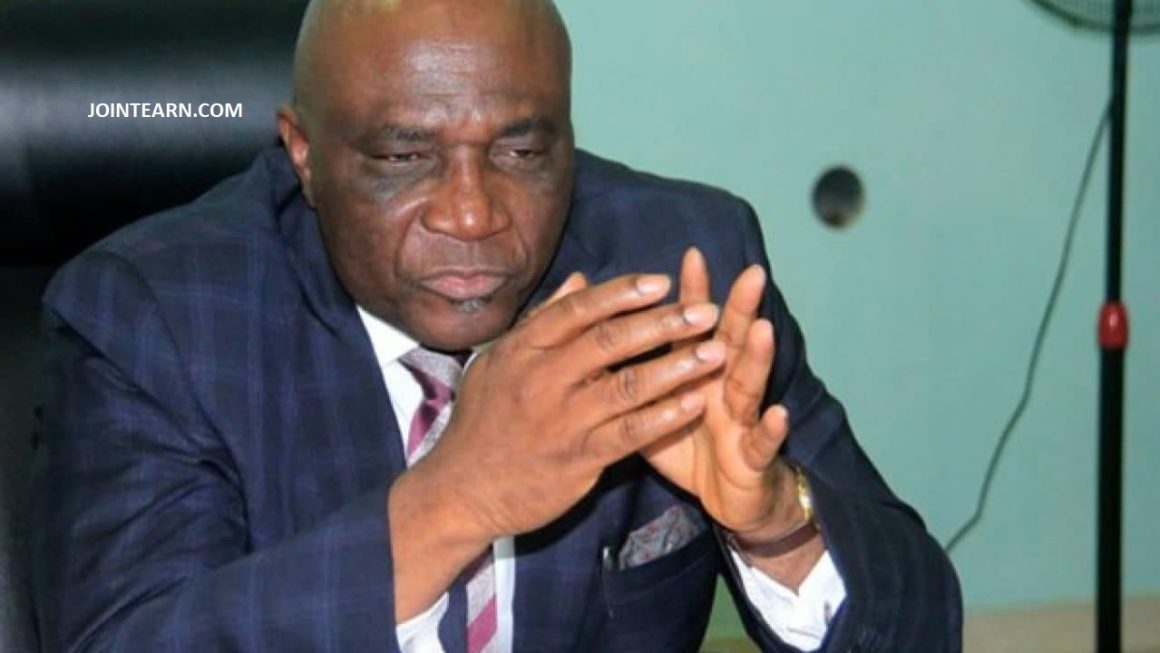The Federal Government has agreed to reduce the recent hike in telecom tariffs to 35% following strong opposition from the Nigeria Labour Congress (NLC). The decision comes after weeks of negotiations between labour leaders, telecommunications regulators, and government officials.
The tariff increase, initially set at 50%, sparked widespread criticism from citizens and consumer advocacy groups who argued that it would place an additional financial burden on Nigerians already struggling with high inflation and economic challenges. The NLC, alongside other pressure groups, staged protests and threatened a nationwide strike if the government did not reconsider the hike.
In a statement issued on Thursday, NLC President Joe Ajaero described the 50% increase as “unjustifiable and exploitative,” calling on the government to adopt a more people-friendly approach. “The cost of living is already unbearable for most Nigerians. We cannot allow further hardship through exorbitant telecom tariffs,” Ajaero said.
The Federal Government, through the Nigerian Communications Commission (NCC), justified the tariff adjustment as necessary to sustain the operations of telecom providers amid rising operational costs, foreign exchange volatility, and inflation. However, following intense deliberations, both parties reached a compromise, reducing the tariff increase to 35%.
Minister of Communications and Digital Economy, Bosun Tijani, confirmed the development, stating that the government remains committed to balancing economic realities with consumer protection. “While we acknowledge the need for price adjustments in line with market trends, we also recognize the concerns of the people. This revised tariff ensures continued service delivery without excessive financial strain on consumers,” Tijani said.
Telecom operators, who had pushed for the 50% hike, have expressed mixed reactions to the revised rate. A senior executive from one of the leading network providers, speaking anonymously, said, “The reduction will affect our revenue projections, but we understand the government’s position. We will continue to engage stakeholders to ensure sustainable industry growth.”
Consumer rights groups have welcomed the reduction but insist that more measures should be taken to protect Nigerians from excessive charges. The Coalition for Affordable Telecom Services urged the government to improve industry regulations and monitor service providers to ensure fair pricing.
Meanwhile, Nigerians have taken to social media to express their views on the development. While some commend the NLC’s intervention, others argue that even a 35% increase remains too high, given the current economic situation.
The new telecom tariff will take effect from March 1, 2025.












